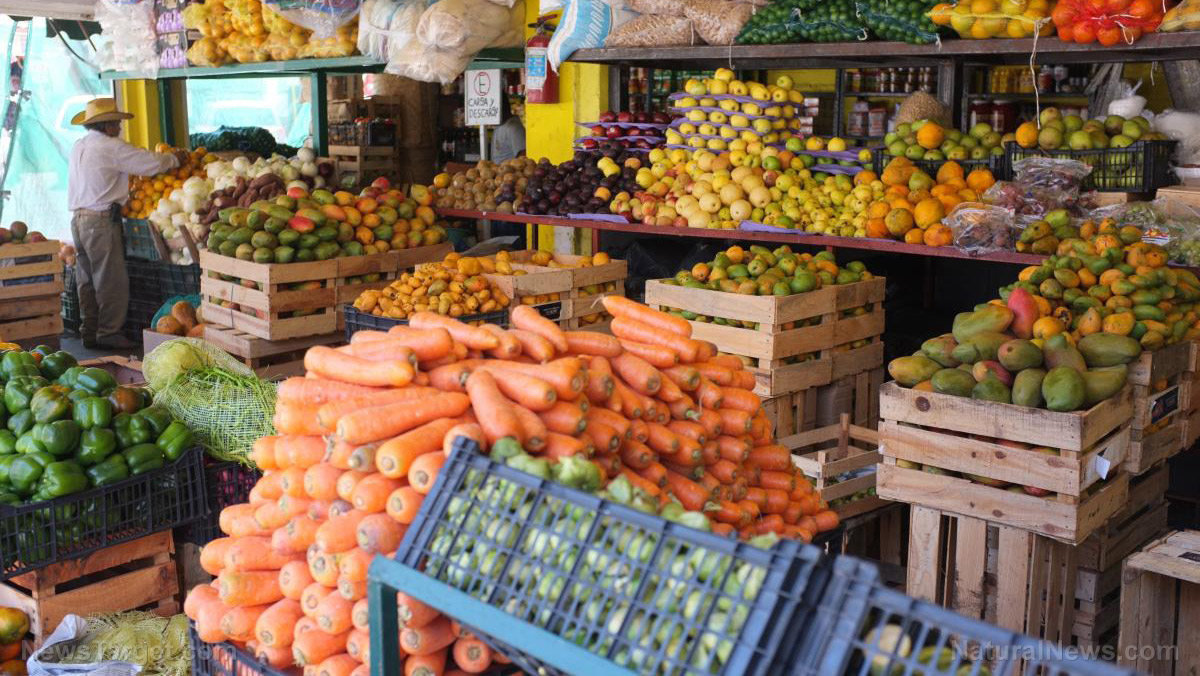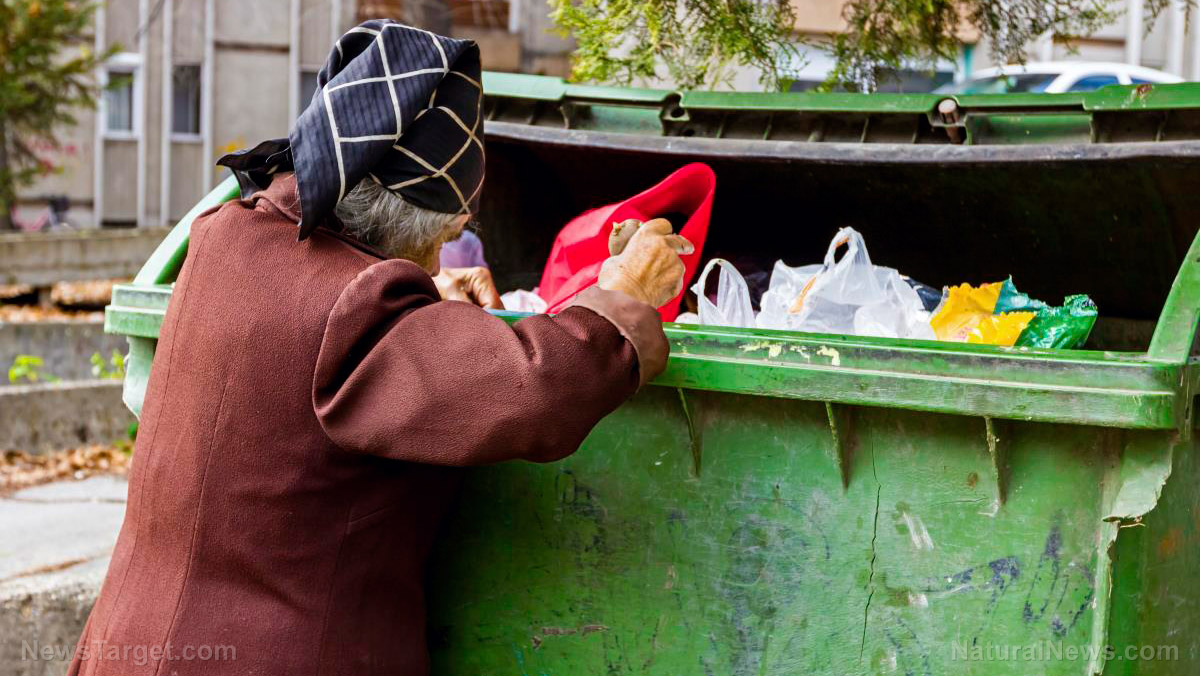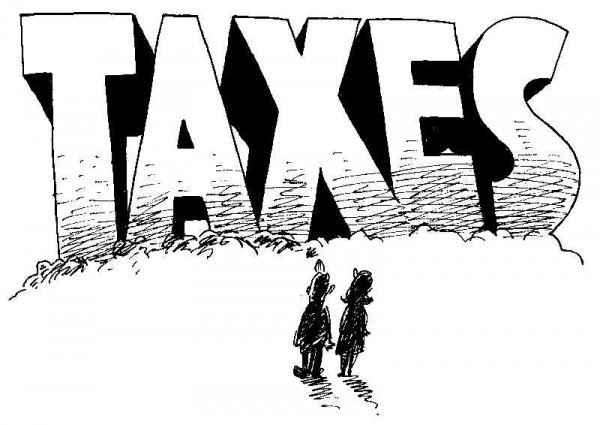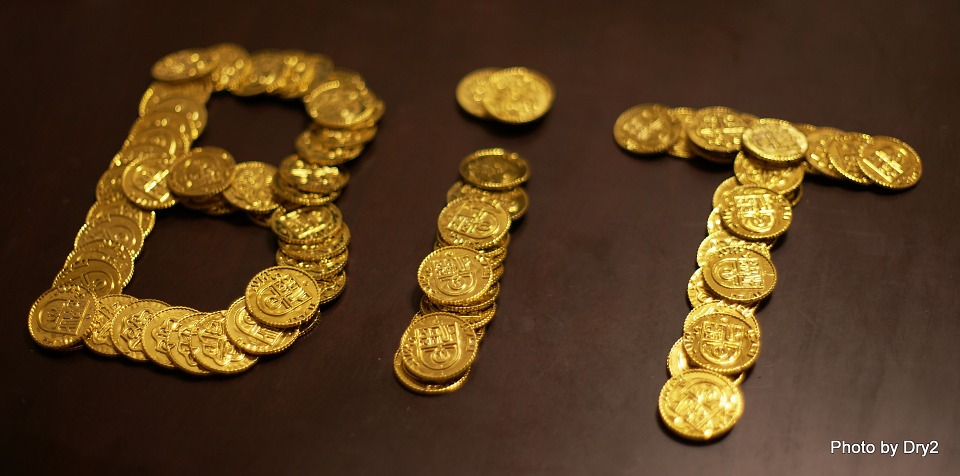Sugar sticker shock in Seattle: New tax on sweetened beverages more than DOUBLES the price on some items
01/15/2018 / By Isabelle Z.

A new tax on sugary drinks that went into effect in Seattle at the beginning of the month has caused the price of some products there to double, and residents are voicing their unhappiness with the new rule.
Seattle joined several other American cities in taxing sodas and other beverages sweetened with sugar. The city’s tax is 1.75 cents per ounce, and it’s aimed at discouraging people to buy these drinks because of their health repercussions.
While it doesn’t sound like a lot of money at first glance, it does add up quite a bit when you buy in bulk. For example, people have taken to Twitter to call attention to the fact that a 35-bottle package of Gatorade that once cost $15.99 is now $26.33 thanks to the $10.34 tax on it. The item is displayed at Costco alongside a reminder that the same drinks can be purchased at their locations outside of the city without the “sweetened beverage tax”.
Research shows that sugary drinks cause higher obesity rates as well as diabetes. It’s particularly problematic for children, with one study finding that each extra sugary drink a child drank over the course of 18 months raised their risk of becoming obese by a remarkable 60 percent.
Berkeley, California, already has a tax in place of one cent per ounce on soda and other sweet drinks, while Philadelphia charges 1.5 cents per ounce. Philadelphia’s tax covers artificially sweetened beverages as well, such as diet soda. The city believes it will bring in $91 million in tax revenue in its first year, which it plans to use to fund education programs in the city and carry out park improvements.
Other cities with this type of tax include Oakland, San Francisco and Albany, California. Boulder, meanwhile, boasts the highest such excise tax in the nation at two cents per ounce as of last July.
Do these taxes really help?
Some research has shown that taxes can help to curb the consumption of sugary beverages and keep obesity rates down to some extent. Studies found that taxes of anywhere from 10 to 20 percent of the drink’s price were the ideal amount.
Modeling data from Research Triangle Institute found that a tax of 6 cents on a 12-ounce can of soda would result in people drinking 5,800 fewer calories of sugary beverages each year.
Of course, taxes are very controversial, and they’re not the only way to deter people from drinking these health-destroying drinks. For example, a study that was published in the journal Pediatrics found that placing warning labels on sugary drinks could deter parents from buying them.
Some cite the example of Mexico, where a tax on sugar-sweetened drinks was put in place in 2014. Since then, such drinks have noted dropping sales, with low-income Mexicans in particular drinking far less of the sweet drinks. As this is the group of people with the most untreated diabetes, it has indeed helped people there.
In the U.K., meanwhile, beverage manufacturers recently decided to cut the sugar levels in their drinks to less than 5 grams per 100 milliliters to avoid a tax that will go into effect this year on beverages exceeding that limit of around 25 pence per can. It’s worth keeping in mind, however, that the sugar levy in the U.K. does not apply to fruit drinks, even though such beverages often contain high amounts of sugar and can contribute to weight problems.
This type of tax might help uneducated, low-income consumers avoid making mistakes that could have serious health consequences, but there are still so many other sugary foods on the market that have the same effect on the body, if not worse. Educating people is only half the battle; food companies need a bigger incentive to stop dosing people with ridiculous amounts of addictive sugar to boost their own profits.
Sources include:
Tagged Under: big government, diabetes, excise tax, food supply, obesity, sin taxes, soda, soft drinks, sugar tax, sugary beverages, taxation




















